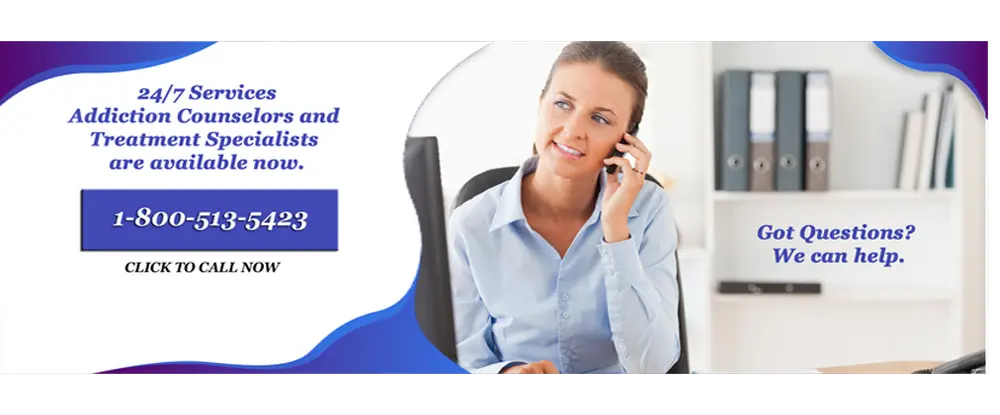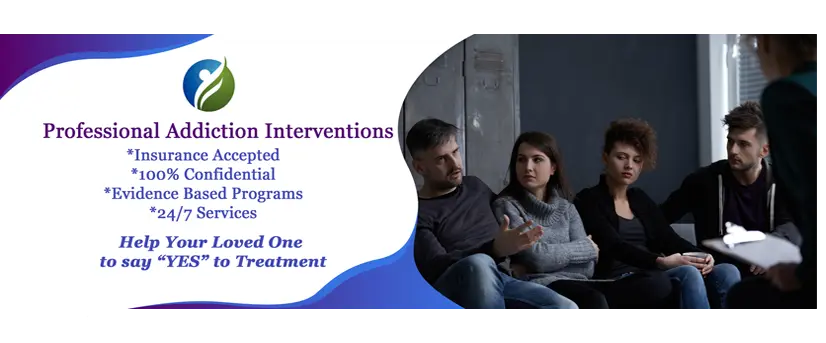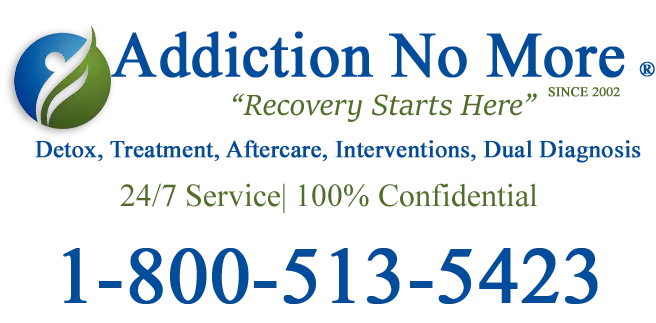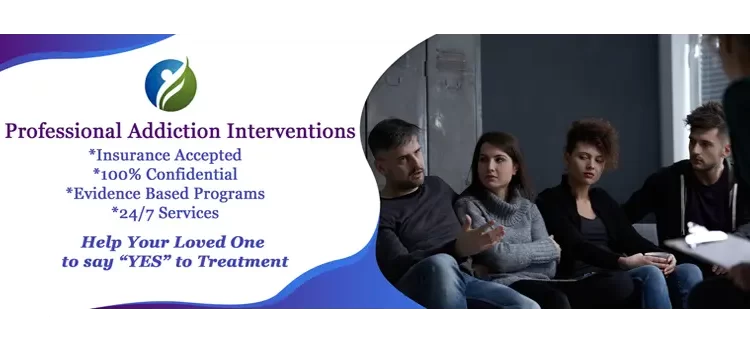Intervention Help and Intervention Services in Louisiana
When you are looking for a solution to help a family member who is struggling with substance use disorder, it is always best to seek professional intervention services in Louisiana. The right intervention services for your loved one can make the difference between success and failure. When most people search online for interventionist teams, they use the search term “interventionists near me” which can lead to results that are not necessarily appropriate for the specific circumstances. Choosing an interventionist who has some reality with the specific addiction may have better results that will lead to a common ground between the person holding the intervention and the individual who needs to realize that they do need the help that is being offered. A successful intervention can change your loved one’s life. You owe it to them to do whatever it takes to get them the help they so desperately need.When your spouse, teen, adult child, friend, or any other loved one is facing an underlying addiction problem in their life and they don’t want to get help, an intervention is necessary. It is imperative that you get them help from a professionally trained interventionist team. The interventions will assist you from start to finish of the intervention process. They will ensure that once your loved one accepts help, they will be admitted into the best treatment program for their addiction needs. After their drug rehab therapy is concluded, they will be able to return to a healthy home setting with a more positive and fresh outlook on life. Trained intervention specialists in Louisiana help families reclaim their loved one’s lives. Our certified addiction specialists can help you narrow down the search parameters for interventionists in your area.
1-800-513-5423

What is an intervention?
Family Training and Intervention Preparation
To start the process of any successful intervention will be to decide that there is enough significant evidence of drug or alcohol dependency to warrant intervening. Once the family has decided that the person in question needs help, they should then talk to a professional to find out if there is even a need for an intervention. After you have concluded that there is a need for family intervention, deciding on the right interventionist team will help the process.Information gathering is the first thing that a trained interventionist will do. Finding out all the information that the family has on the specifics of the addiction will help formulate a plan and help there be a more positive outcome. With the complexity of drug addiction and understanding that drug dependency stems from much deeper issues, intervention specialists can help you understand the intervention process in its entirety.
Family training for holding a proactive intervention can make the difference between a failure, and a successful intervention. A few days before the actual intervention is a family training and education course. This vital step of any intervention held in Louisiana will not only help you understand the addiction process but also give you a sense of how to deal with this disease. During family training, there will be a time when you will have to decide on specific consequences if your loved one refuses the gift of help you are offering to them. Holding the intervention usually takes place in a neutral setting or a place where the addict feels at home. This helps to avoid making them feel uncomfortable.
Once the intervention is complete, it is of utmost importance to take the individual directly to the treatment facility of choice to ensure a smooth transition from the intervention to the facility.
Interventions in Louisiana can range in cost from a professional service from about $1000 plus expenses to $4,500, plus expenses. Finding an interventionist that is local in your county can save you hundreds, if not thousands of dollars in travel expenses. Sometimes there are good intervention specialists in your city that can help lower the costs by saving lodging and airfare fees.

Intervention Process and Steps of Intervention
Planning the intervention is the first step. Family members or friends start to gather other family and close friends for a group meeting. It is recommended that there is a professional present during all stages of the intervention process. There is always a chance that there may be an angry or violent reaction from the addict. It is highly recommended to get a third party involved in the intervention. Be sure to have all the information as to what the person is having problems with and to what extent the addiction is perceived to be. This information should be gathered before the intervention starts. Making arrangements with a treatment center for addiction will be needed before the intervention takes place, to ensure a seamless transition from the intervention to the treatment center. Decide who can and is willing to participate in the intervention process. In most cases 4-8 people are involved; including family, friends, teachers, co-workers, clergy, or anyone that is a positive influence in their lives. Be sure not to include anyone who is using drugs or can be antagonistic during the intervention process.Each person who is involved in the intervention needs to decide what they will do if the addict refuses to get help with their addiction. The consequences for not entering treatment need to be something that can be followed through on, to make the individual in question feel the severity of not getting help. Examples of this may include withdrawing any financial support, asking them to move out, or stopping all communication with family or friends until they receive the help they need. Your drug interventionist will assist you with this very important step in the intervention process.
Have a written plan on what you are gonna say during the intervention; and specific incidents that have caused destructive behaviors or actions. Financial and emotional breakdowns are the most common occurrences in early addictions and can grow in intensity as the addiction continues unchecked. Including how much the person means to you, will help you convey the need for them to enter into treatment. Be sure not to include antagonistic arguments, name-calling, or anything that can be perceived by them to be judgmental rhetoric in your letter.
Once the intervention is finished and the person has agreed to go to treatment for their addiction, it is important to remain supportive so the addict can stay sober and avoid relapse. While in treatment, there are opportunities for loved ones to participate in group counseling and conflict resolution. Finding a treatment center that has aftercare will help the individual remain on their program after treatment has been completed. The National Institute on Drug Abuse has done numerous studies in both inpatient and outpatient treatment and those who complete a program and continue with their aftercare for a year or more have a 90% success rate.
1-800-513-5423

When are Intervention Services Necessary for Alcoholism?
Alcohol dependence is not something to be taken lightly. An intervention for alcohol abuse is necessary when concerned family members and friends can no longer wait for their loved one to decide to quit drinking or to go to treatment on their own. Alcohol dependency has a complex dynamic that is unlike drug addiction. Since drinking alcohol is socially acceptable, it makes it harder to convince the individual to seek help for their alcohol abuse. Seeking assistance from a professional interventionist in Louisiana for alcohol dependence will help control the possible complicated family dynamics surrounding the addiction.Alcohol dependency can be a life-threatening disease if left untreated. Seek help as soon as possible by calling our free alcohol intervention information helpline. We can help assess the current dependency, intervention needs, and possible detox and other steps needed to ensure that a safe and effective treatment plan is in place.
Find Interventionists and Drug Rehabs Near Me
It is always important to seek help from board-certified interventions. With the different dynamics that often encompass a family-type intervention, keeping the intervention effective will most often include an interventionist. Make sure that the interventionist has references, verifiable referrals, and certifications to ensure that you are dealing with an actual board-certified professional interventionist. We have a directory of intervention specialists who offer intervention services and put the family first. Give us a call, and we will get you in touch with certified intervention specialists in Louisiana today. We can also help you locate treatment for addiction in your area or anywhere in the country. To locate drug interventions, AA meetings, group meetings, 12-step programs, inpatient treatment, or outpatient services in your town, give us a call. There are many options for drug rehab services in many cities in Louisiana.1-800-513-5423
Bossier City, LA. Addiction Treatment
Lafayette, Louisiana Drug & Alcohol Rehabilitation
Lake Charles, Louisiana Substance Abuse Treatment
Monroe, Louisiana 30/90 Day Treatment Centers
New Orleans, La. Inpatient Drug Rehab Programs

Louisiana addiction statistics and national trends are provided to help understand the scope and consequences that addiction can have if left unchecked.
Louisiana’s percentage of the state’s population drug use in the fiscal year 2015, the latest SAMHSA statistics available.
Louisiana has some of the highest prescription abuse problems in the country. There are an estimated 96-143 prescriptions written for every 100 people.
Marijuana use in Louisiana in the past month estimates for the age group 12-17 is estimated at 5.33% of the population and 6.43% for those in the age group over 18.
Cocaine use statistics in Louisiana are estimated at 0.44% for the 12-17 age group and for those over the age of 18, it is estimated that 1.88% of the population has used cocaine in the past year.
Heroin use in Louisiana for the age group 12-17 is estimated to be 0.05% and over 18 the percentage of people that use heroin is estimated to be 0.17% of the population.
Alcohol use among those 12 to 17 years of age is 10.75% of the population and for the 18 and over demographic 54.22% used alcohol in the last month.
Those that have had serious thoughts of suicide in the state of Louisiana over the past statistical year 2015 are only available for the population over 18 at 4.19%of the population.
According to statistics and data released on Dec 8th, 2015, there has been a significant rise in the deaths that have been attributed to drug or alcohol overdoses. The United States has surpassed 50,000 deaths a year, attributed to drugs or alcohol. This surpasses car accidents as the leading cause of death for the first time in history, which is higher than the number of deaths recorded for the last 15 years. This rise constitutes a significant 6.5% increase in just one year from 13.8 per 100 thousand people to 14.7 per 100,000 people in 2014 alone.
1-800-513-5423
Sources
Brief Interventions
Evidence-Based Psychosocial Interventions in Substance Use
Harm Reduction
National Academy of Medicine
Erik Epp – Content Author





